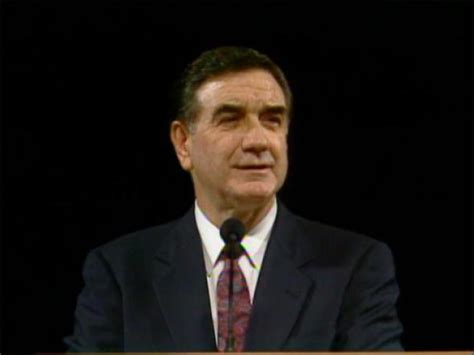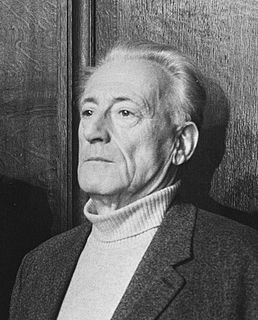A Quote by Seneca the Younger
Leisure without study is death, and the grave of a living man.
Related Quotes
I don't necessarily view death as something negative. Death gives meaning to life. Living in fear of death is living in denial. Actually, it's not really living at all, because there is no life without death. It's two sides of the one. You can't pick up one side and say, I'm just going to use the 'heads' side. No. It doesn't work like that. You have to pick up both sides because nothing is promised to anyone in this world besides death.
How we use our leisure is equally as important to our joy as our occupational pursuits. Proper use of leisure requires discriminating judgment. Our leisure provides opportunity for renewal of spirit, mind, and body. It is a time for worship, for family, for service, for study, for wholesome recreation. It brings harmony into our life.
What have we got here in America that we believe we cannot live without? We have the most varied and imaginative bathrooms in the world, we have kitchens with the most gimmicks, we have houses with every possible electrical gadget to save ourselves all kinds of trouble - all so that we can have leisure. Leisure, leisure, leisure! So that we don't go mad in the leisure, we have color TV. So that there will never, never, be a moment of silence, we have radio and Muzak. We can't stand silence, because silence includes thinking. And if we thought, we would have to face ourselves.
We are left with nothing but death, the irreducible fact of our own mortality. Death after a long illness we can accept with resignation. Even accidental death we can ascribe to fate. But for a man to die of no apparent cause, for a man to die simply because he is a man, brings us so close to the invisible boundary between life and death that we no longer know which side we are on. Life becomes death, and it is as if this death has owned this life all along. Death without warning. Which is to say: life stops. And it can stop at any moment.
Society of leisure perhaps? Indeed, the most remarkable aspect of the transition we are living through is not so much the passage from want to affluence as the passage from labour to leisure. Leisure contains the future, it is the new horizon. The prospect then is one of unremitting labor to bequeath to future generations a chance of founding a society of leisure that will overcome the demands and compulsions of productive labor so that time may be devoted to creative activities or simply to pleasure and happiness.
The absurd man will not commit suicide; he wants to live, without relinquishing any of his certainty, without a future, without hope, without illusions … and without resignation either. He stares at death with passionate attention and this fascination liberates him. He experiences the “divine irresponsibility” of the condemned man.







































